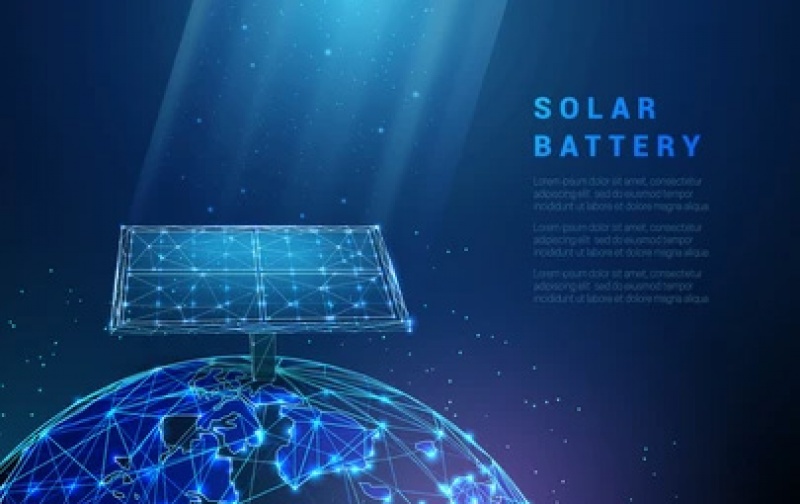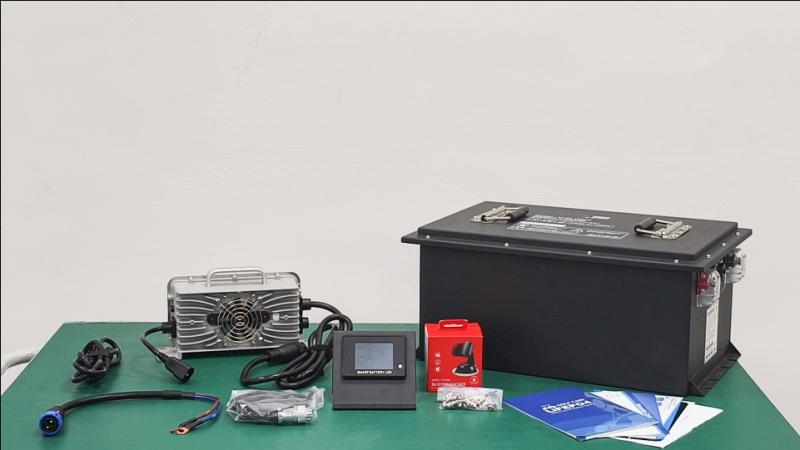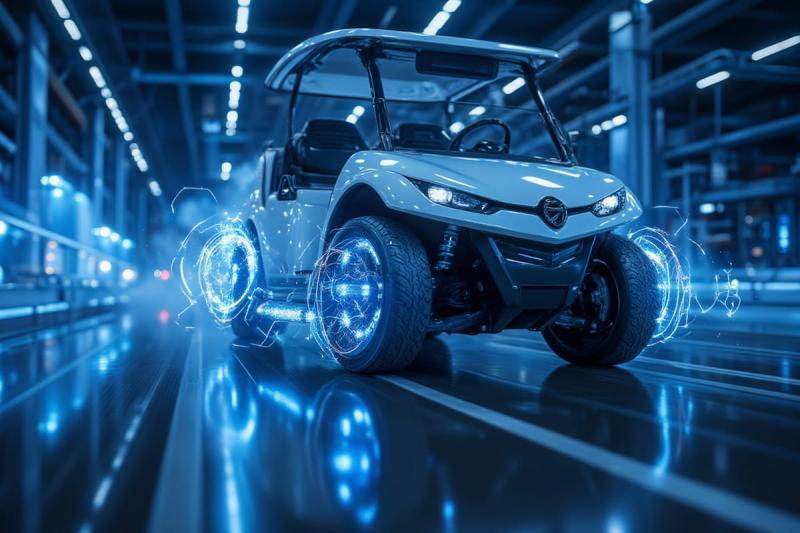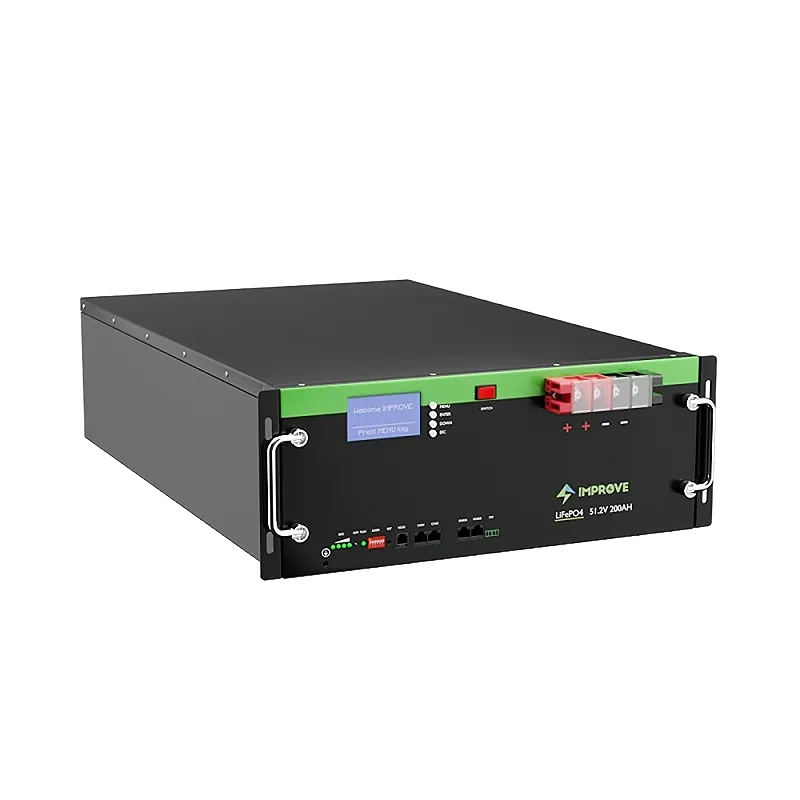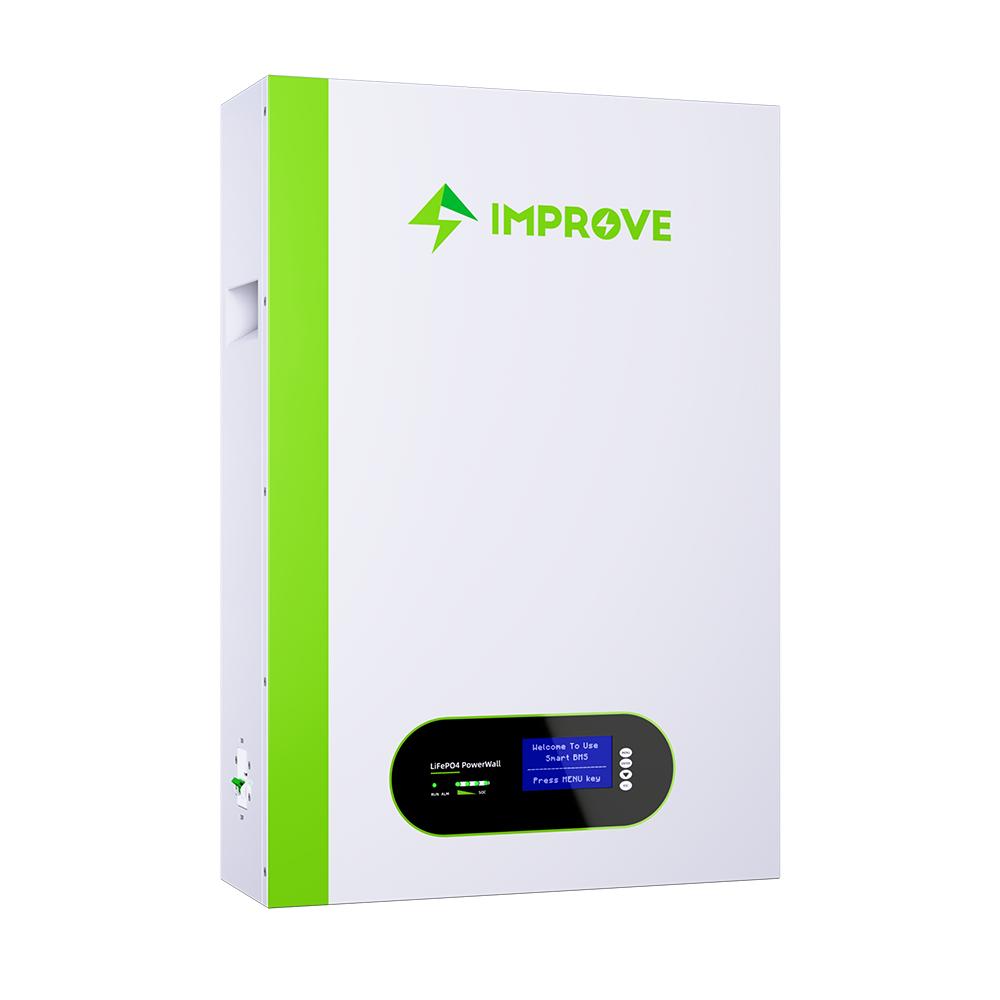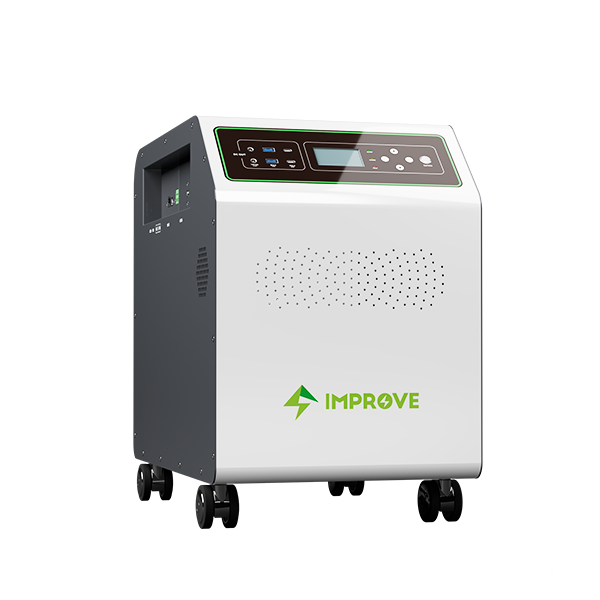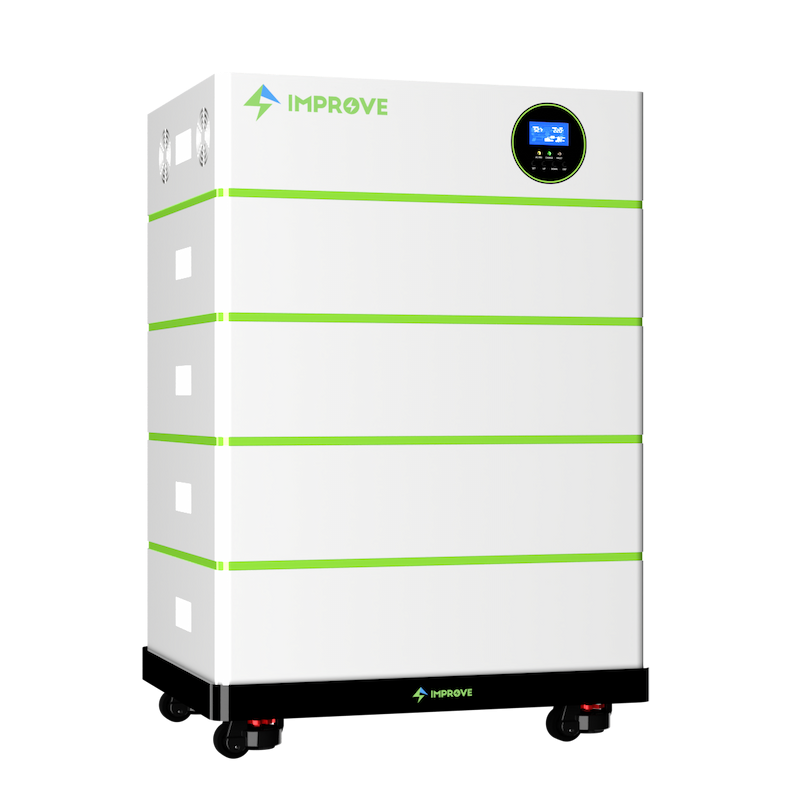Imagine you’re home on a stormy night, watching TV with the washing machine running, and all of a sudden the power goes out. Now imagine the same scenario, except you have a rooftop solar energy system with solar lithium battery bank. When the power goes out in your neighborhood, you’d be blissfully unaware.
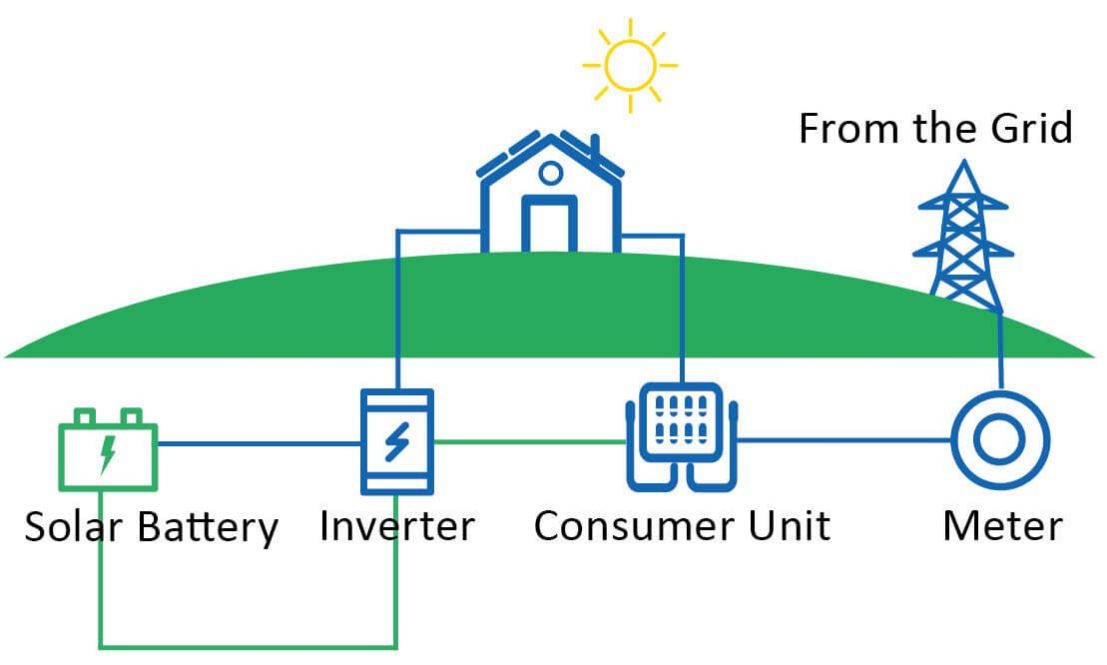
A common myth about solar power is that you can count on it only when the sun is shining. You do need sunshine to generate electricity with solar, but what about the times when the sun isn’t shining? Most people rely on electricity from the power grid to supplement their solar-generated power. But residential solar energy systems paired with solar lithium battery storage—generally called solar-plus-storage systems—provide power regardless of the weather or the time of day without having to rely on backup power from the grid. Here are the benefits of a solar-plus-storage system:
Energy Independence
A safety LiFePO4 battery is an essential component of a home reliant entirely on solar power. The lithium ion battery can store power during the day, so it’s available at night to keep the lights on for an entire evening. A solar battery system can also turn your off-grid solar system into an emergency backup during power outages.
Electric Bill Savings
Solar power batteries can help consumers power their homes by harnessing the sun. This will allow them to purchase less from the grid and save money on their electric bill.
Reduce Carbon Footprint
Solar energy can minimize our use of fossil fuels and protect our environment. Solar batteries generate solar energy when exposed to sunlight, which can then be used to power devices or recharge a laptop or phone battery.
Solar batteries represent a significant upfront financial investment, but can ultimately help save you money on energy costs after sundown or during an emergency. If you’re living off-grid, they may be critical components of your energy system.
Solar batteries provide your home with clean, fairly green, renewable energy that would otherwise need to come from an outside source. Some areas also provide incentives or rebates to help mitigate the costs of adding a solar battery to your system and it’s possible to receive up to 30% off of your battery installation if you qualify for the federal solar tax credit.
Ultimately, only you can decide if the investment in a solar battery and its rewards is worth the cost and upkeep requirements.
When you’re looking to install a solar battery system, it’s important to consider what kind of energy needs you have, as well as where you live. For instance, grid-tie and off-grid systems offer distinct advantages, and they each cater to different types of households.
Grid-tie systems are commonly employed in urban and suburban areas with access to the utility grid. They allow homeowners to harness solar energy while still being able to draw electricity from the grid during times of low solar production. The surplus energy generated by solar panels can be sent back to the grid, enabling homeowners to earn credits or receive compensation for their contributions through net metering. This is a practical choice for most homeowners, as it offers cost savings, reduced reliance on grid electricity and the potential to participate in renewable energy incentives.
If you’re looking to go off-grid, a solar battery system is your best bet. These setups operate independently from the utility grid, providing energy independence and self-sufficiency. If there is more energy produced than what is currently being used, the surplus power is stored in deep cycle LiFePO4 batteries for future consumption. However, off-grid systems require careful energy management since there is no grid to fall back on during periods of low solar production. To ensure continuous power supply during extended periods of low sunlight, backup power sources, like solar LiFePO4 batteries, may be necessary.


